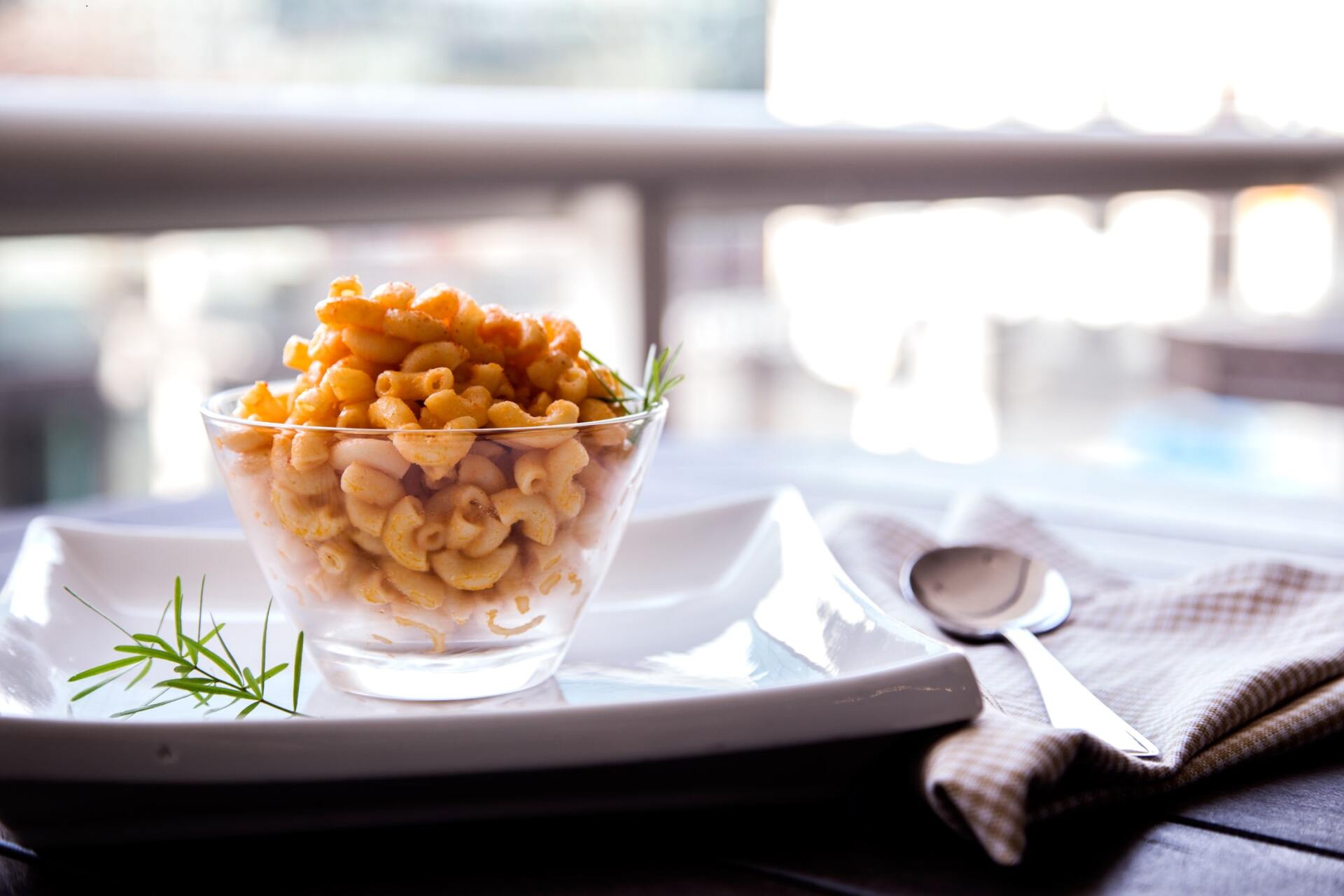Are Flying Insects Ruining Your Summer Fun?
Summer is made for backyard barbecues and lazing in the sun.
You don’t have to be a homeowner to know how fun backyard get-togethers are. But as a homeowner, you can employ eye-pleasing botanicals to repel flying insects. No more circling your festivities and threatening to spoil the fun for you or your guests.
It’s no secret that flies are not only a nuisance but not choosy about where they land or what they eat. They carry sickness and can transmit over 60 contaminants and diseases to humans including anthrax, salmonella, and tuberculosis. As a result, we don’t want them landing on us, touching our food or being in our homes. Keeping flies at bay doesn’t have to be difficult if you keep these easy tips in mind.
them landing on us, touching our food or being in our homes. Keeping flies at bay doesn’t have to be difficult if you keep these easy tips in mind.
Flies
Flies love strong odors like garbage and decay. By limiting food sources in your yard they will seek food elsewhere. Bag up grass clippings in fly-proof bags, be sure to tie up trash bags, seat trashcan lids properly, and don’t forget to check your yard for animal droppings. If you still experiencing an overabundance of flies, consider growing natural repellants in your flowerbeds like basil, lavender, lemon grass, lemon thyme, mint, and rosemary. Additionally, keeping a bird house welcomes a natural solution. Consider installing marigolds and chrysanthemums that not only repel bugs but add a splash of beauty.
Wasps & Hornets
When they are not behaving badly, wasps and hornets are actually a homeowner’s friend. They hunt down spiders, flies and other annoying bugs. If you don’t want them in the areas where you entertain, you’ll be happy to discover they’re respectfully territorial. Purchasing paper lantern shaped decoys or hanging a paper bag tied at the top. Although results vary paper and mud wasps are said to mistake the bag for a nest, they will not build within 200 feet.
Again, minimizing food sources plays a role. Scavenging wasps cannot resist sugary drinks, decaying fruit, meat and fragrant garbage. Keep your containers covered and You can draw them away from your home with an easy to assemble homemade wasp trap. A quick Google search for DIY wasp trap will show you how to use ingredients found in your kitchen to lure them away.
Mosquitos
In Ohio, mosquito season can start as early as April and linger into fall when temperatures finally dip below 50 degrees. During their season, mosquitos lurk in damp shady areas or emerge as the day begins to cool. In this instance, humans are the food source. These blood-sucking nuisances often attack unseen. Aside from their bites being itchy, Mosquitoes carry diseases like Malaria, Yellow fever, and West Nile Virus which can be fatal.
To minimize mosquitoes in your yard, remove all standing water in birdbaths, tire swings and toys. Standing water is the perfect environment for mosquitoes to thrive. During her life span, the female lays eggs which cannot hatch unless they’re in as little as an inch of water. Their entire development stage takes place in water, and if you have a swimming pool, always maintain chemical balance and run filters. A neglected pool contains the perfect breeding ground for the creation of thousands of mosquitoes in a few short weeks.
In addition, naturally repel mosquito with fragrant herbs and plants like basil, lemon-thyme, sage and Ever Gray lavender. Since many herbs can be used in the kitchen and also repel flies you’ll be getting double duty from them. While some of these require boiling and straining to make into a spritz, lavender and citronella only require crushing the leaves and rubbing them on your skin. Lavender spires are beautiful and like pungent French Marigolds add a bright bit of color, while keeping mosquitoes (and rabbits) away. If your mosquito problem is extreme, consider installing bat houses. Bats are also fantastic for reducing mosquito populations. You can buy or build your own
For more resources and information, click links below.
Stop by for a visit anytime at OhioCapitalMortgage.com













